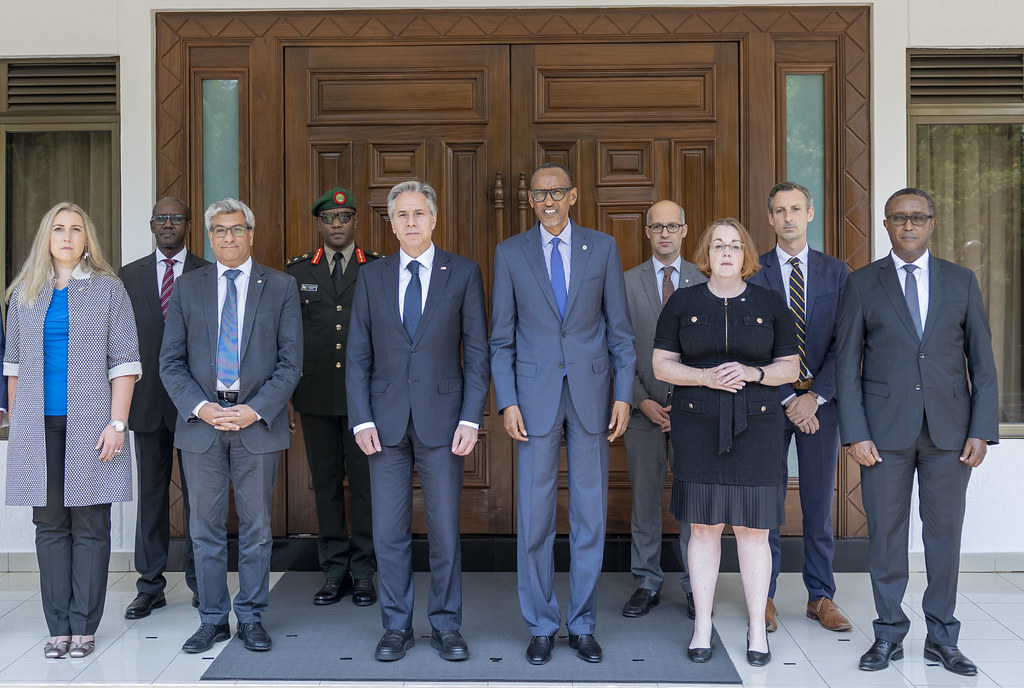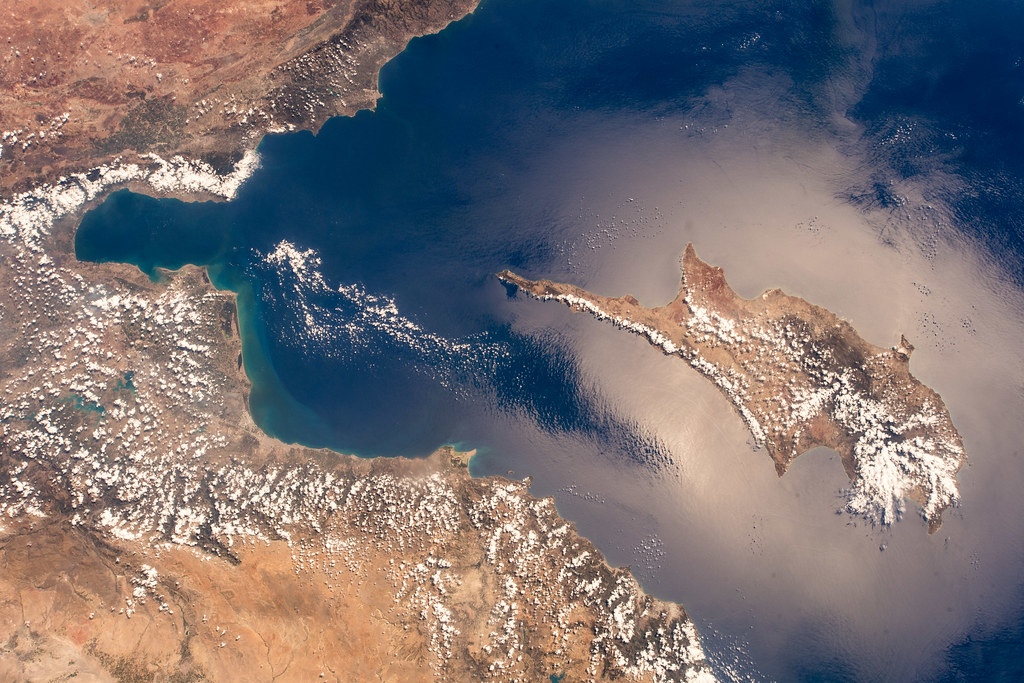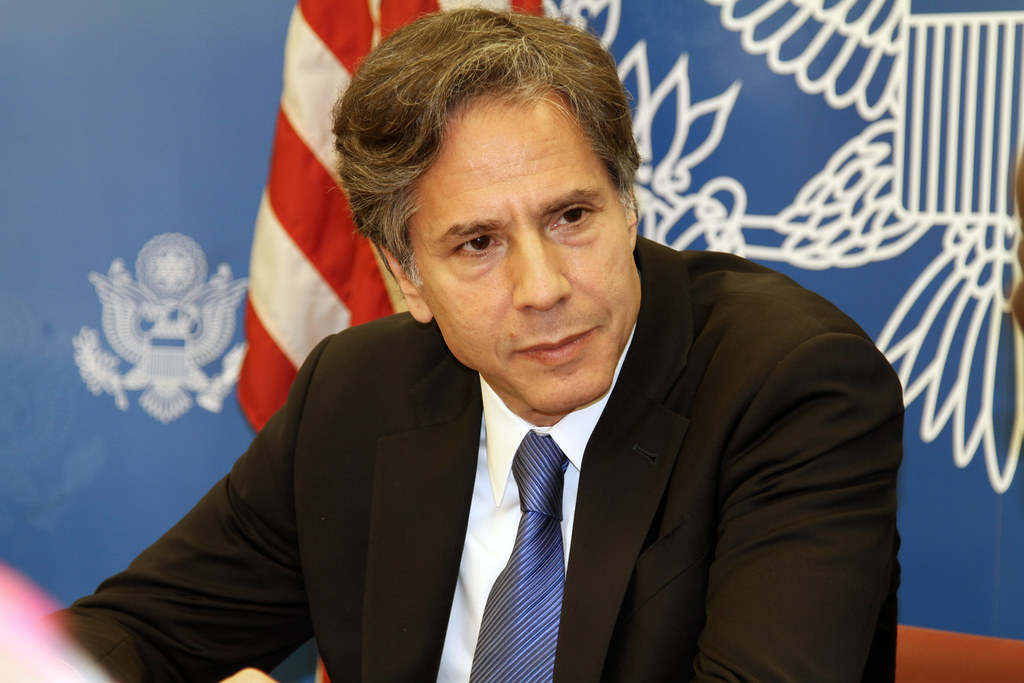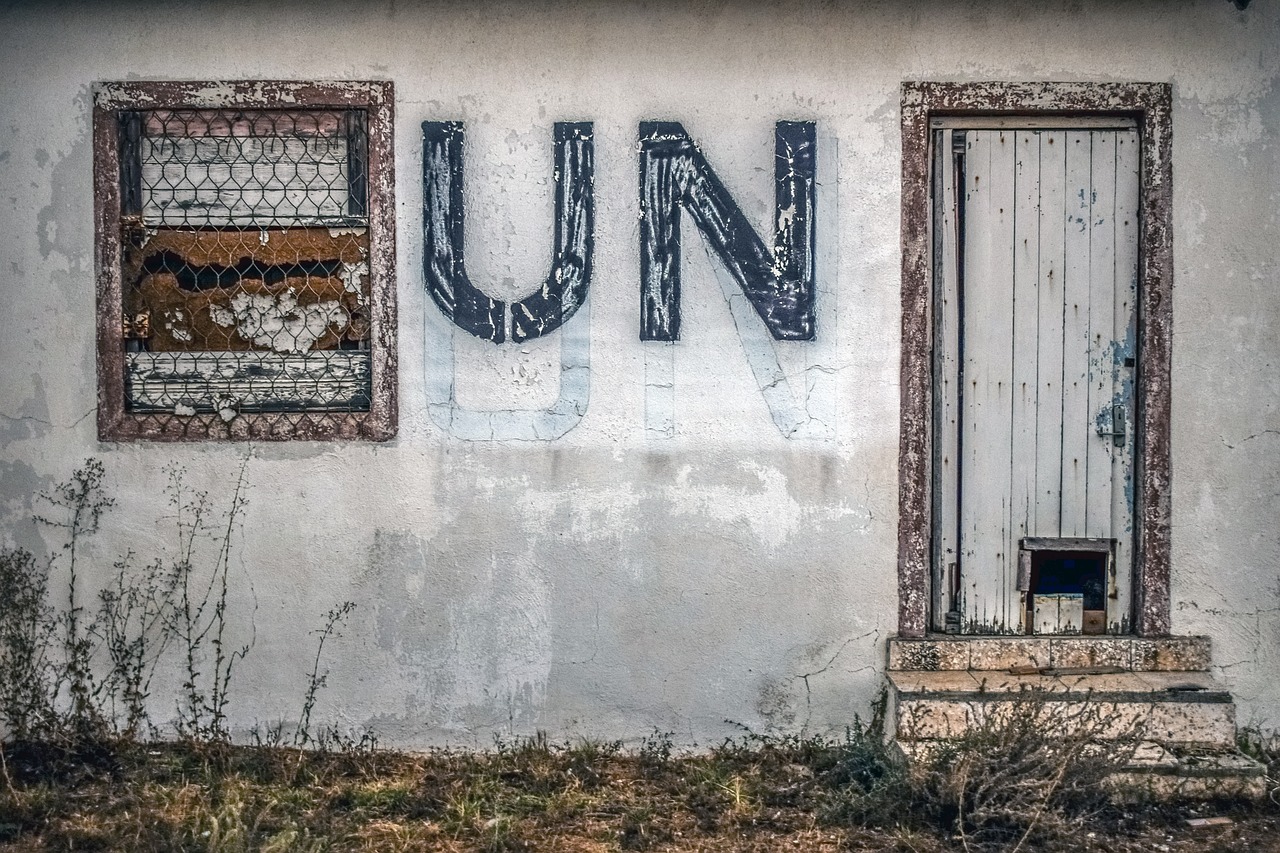As Israel intensifies its multi-front conflict, the repercussions ripple through neighboring Lebanon, with Beirut standing at the epicenter of this unfolding violence. Historically, Lebanon has found itself ensnared in the crossfire of regional conflicts, yet the current turmoil is unprecedented, marked by an intensity and frequency that leave many grappling with uncertainty. Renowned for its resilience through decades of civil strife and wars, Beirut now finds itself not just a city but a poignant symbol of a region teetering on the brink of chaos.
The relentless attacks on Beirut have ignited widespread alarm, resonating both domestically and internationally. The city’s palpable vulnerability has sparked urgent concerns about a further unraveling of a landscape already fraught with political and sectarian tensions. Analysts caution that “Lebanon’s fragile political landscape could collapse under the weight of another full-scale conflict.” Indeed, Lebanon’s history as a proxy battleground in larger regional wars—during the Lebanese Civil War (1975–1990) and the Israeli invasion of Lebanon in 1982—serves as a stark reminder of the potential for current tensions to spiral into an even broader crisis. A political expert from the Carnegie Middle East Center aptly observed, “Lebanon has always been a fragile state, and any further destabilization could send shockwaves across the entire Middle East.”

The humanitarian impact on civilians is nothing short of devastating. The violence has inflicted significant casualties, with reports indicating thousands of lives lost and countless others shattered. Families have been thrust into turmoil, fleeing their homes to seek refuge in makeshift shelters or overcrowded facilities, exacerbating the already dire living conditions. Access to essential services hangs by a thread; hospitals struggle to operate amidst chaos, and healthcare professionals face debilitating shortages of supplies. The United Nations Office for the Coordination of Humanitarian Affairs (OCHA) highlights that the deteriorating security situation in Beirut leaves civilians—especially expatriates—particularly vulnerable to the harrowing effects of the conflict.
Humanitarian organizations like the International Committee of the Red Cross (ICRC) and Médecins Sans Frontières (Doctors Without Borders) work tirelessly to address the urgent needs of the civilian population, providing vital medical assistance, food, and psychological support. Yet, the scale of the crisis often overwhelms their resources. The ICRC has called for immediate international support to facilitate their operations, emphasizing the imperative that aid reaches those in greatest need.
Amidst this chaos, countries around the globe are increasingly alarmed for the safety of their citizens residing in Lebanon. Many governments have begun to urge their nationals to evacuate or carefully weigh the risks of remaining in such a volatile environment. In response to the growing danger, the ICRC underscores the importance of humanitarian obligations during armed conflict, reminding us that the protection of civilians is a critical responsibility for all states involved. The broader implications of the crisis extend beyond immediate danger, as the specter of a humanitarian disaster looms large.

Countries such as the United States, Canada, France, the United Kingdom, Australia, Germany, and Greece are formulating evacuation plans for their citizens. France, particularly proactive, has established evacuation routes by sea through Cyprus and Turkey, leveraging its military presence in the eastern Mediterranean. A French official confidently stated, “France stands ready to assist its citizens and allies in this time of crisis. We have a duty to protect those in harm’s way.” Similarly, Australia has advised its citizens to leave Lebanon while commercial travel options remain available, and Canada collaborates with Australia to evacuate its citizens via contracted vessels and commercial flights. The Canadian government has emphasized, “We are committed to ensuring the safety of Canadians abroad, particularly in regions affected by conflict.”
In response to the growing instability, the United Kingdom has mobilized military resources, including two Royal Navy ships stationed in the region, and has arranged charter flights to assist British nationals in leaving Lebanon. Historically, the U.K. has been active in similar evacuations, such as Operation Highbrow during the 2006 Lebanon War, where over 5,000 citizens were successfully brought to safety. A senior British military official remarked, “The lessons we learned in 2006 are now being applied to ensure the safe and swift evacuation of British citizens.” Germany and Greece have also urged their citizens to depart as soon as possible, with Greece deploying military transport for evacuations. The Greek government declared, “We are prioritizing the safety of all Greek nationals in Lebanon and have coordinated with regional partners to ensure a swift and safe evacuation.”
For Greece, the situation is particularly concerning given the substantial Greek community in Lebanon. On October 3, 2024, Greece’s National Security Council, under the leadership of Prime Minister Kyriakos Mitsotakis, convened an emergency meeting to assess the unfolding crisis. Greece’s close coordination with Cyprus has been instrumental, as Cyprus serves as a crucial logistical hub. This collaboration reflects the historical ties between the two nations, dating back to the 1974 Turkish invasion of Cyprus, when both countries worked together during evacuations. By October 10, Greece had successfully evacuated approximately 1,000 individuals to Athens. Many evacuees recounted harrowing scenes of chaos; one individual recounted, “The explosions were deafening, and there was a constant feeling of uncertainty. We didn’t know if we would make it out.” Greece’s defense minister praised the swift and coordinated efforts, emphasizing, “Every life is precious, and we will continue to bring our people to safety.”

Despite these proactive measures, not all citizens are willing or able to leave. For many, Lebanon has become home—a place rich with emotional and personal ties. One long-term resident poignantly shared, “Leaving isn’t easy. I’ve built a life here, and despite the dangers, it’s hard to abandon everything overnight.” The struggles of those who choose to stay are compounded by the ongoing humanitarian crisis, as access to basic necessities continues to dwindle. Families find themselves grappling with the dual burden of conflict and the challenge of maintaining their livelihoods in an increasingly precarious environment.
The Greek government’s swift response serves as a testament to its unwavering commitment to the welfare of its citizens. In contrast, some nations face criticism for not providing the same level of support. The United States, despite its close ties to Israel and extensive strategic interests in the region, has offered little direct assistance for the evacuation of its citizens. While U.S. citizens have been advised to leave Lebanon, they have not received the same level of logistical or financial support that other governments are extending to their nationals. A frustrated American expatriate lamented, “It feels like we’re being left behind. We’ve been told to leave, but there’s no help coming from our government.”
Historical precedents further illuminate this disparity. During the 2006 Lebanon War, the U.S. orchestrated the evacuation of 15,000 Americans, yet similar large-scale efforts have not yet materialized in the current crisis. Secretary of State Antony Blinken recently urged Americans in Lebanon to “depart immediately” and take advantage of available commercial flights. He underscored, “It is imperative that American citizens in Lebanon act now to ensure their safety.” However, the absence of government-organized evacuation plans has become a source of frustration, especially as the cost of flights from Lebanon to the U.S. has skyrocketed to between $5,000 and $8,000 per seat. For a family of four, this could mean expenses exceeding $20,000 just to escape the chaos. Compounding this issue, some U.S. citizens face lengthy visa processing times for their non-citizen relatives, making family evacuations even more daunting. “We’re stuck in limbo,” said one U.S. citizen attempting to evacuate with their family. “We can’t afford the tickets, and my spouse’s visa is still being processed.”

This disparity in evacuation efforts underscores broader concerns about the obligations of governments to protect their citizens abroad, particularly during times of crisis. The Vienna Convention on Consular Relations outlines a state’s responsibility to provide consular assistance to its nationals, especially in situations of conflict. A legal expert aptly remarked, “Governments have a fundamental duty to protect their citizens under international law. Failure to do so leaves them vulnerable and at risk.” The International Committee of the Red Cross (ICRC) has also highlighted the importance of upholding humanitarian obligations during armed conflict, stressing that the protection of civilians is a critical responsibility for all states involved.
In the current crisis, the ethical implications of leaving citizens in peril while pursuing geopolitical goals are profound. According to the Vienna Convention, governments have a duty to safeguard their citizens, even in challenging circumstances. Yet, as the conflict escalates, some countries seem more focused on strategic objectives than on the protection of civilians. A Lebanese commentator poignantly noted, “There’s a real sense that political interests are taking priority over human lives.”
The situation in Lebanon serves as a stark reminder of the importance of international cooperation in times of crisis. While some nations have taken decisive action to protect their citizens, others have lagged behind, leaving many feeling abandoned. The absence of a coordinated international evacuation effort not only exacerbates the humanitarian crisis but also raises essential questions about state accountability under international law. Moreover, the United Nations has emphasized that the protection of civilians should be a paramount concern in all military operations, stressing that human life must not be overshadowed by military objectives.

As the international community bears witness to the crisis, it becomes clear that the protection of civilian lives must take precedence over geopolitical ambitions. A failure to prioritize humanitarian needs risks further destabilizing the region and eroding trust in the governments tasked with ensuring the safety of their nationals abroad. “We need to see more unity in addressing this crisis,” urged a UN representative. “Lives are at stake, and nations must act swiftly to protect their citizens.”
Only through concerted international efforts and a renewed commitment to human rights can we hope to mitigate the worst effects of this conflict and restore stability in the region. The ongoing crisis in Lebanon transcends regional boundaries, revealing the intricate interconnectedness of our global society. History has shown that prioritizing civilian lives is not only a moral obligation but a crucial element in maintaining regional peace and global stability. The world’s response to Lebanon’s crisis will undoubtedly serve as a litmus test for the international community’s ability to uphold its humanitarian commitments amidst the rising tide of conflict.
The international community must rise to the challenge—not only by providing immediate relief and evacuation assistance but also by addressing the underlying political and humanitarian issues that have led to this moment. Only through collaboration and a steadfast commitment to humanitarian principles can we forge a path toward lasting peace and stability in Lebanon and beyond.





